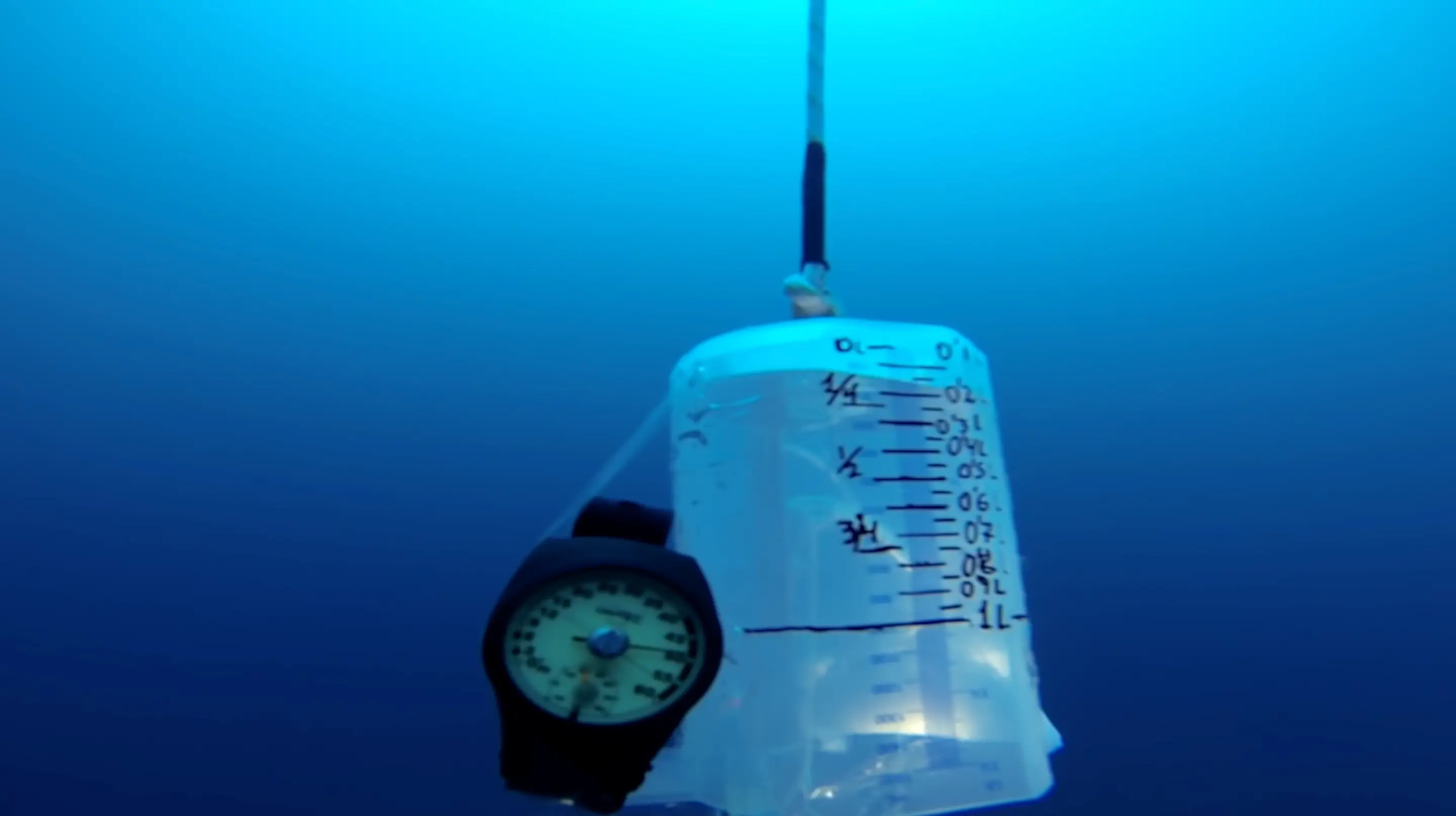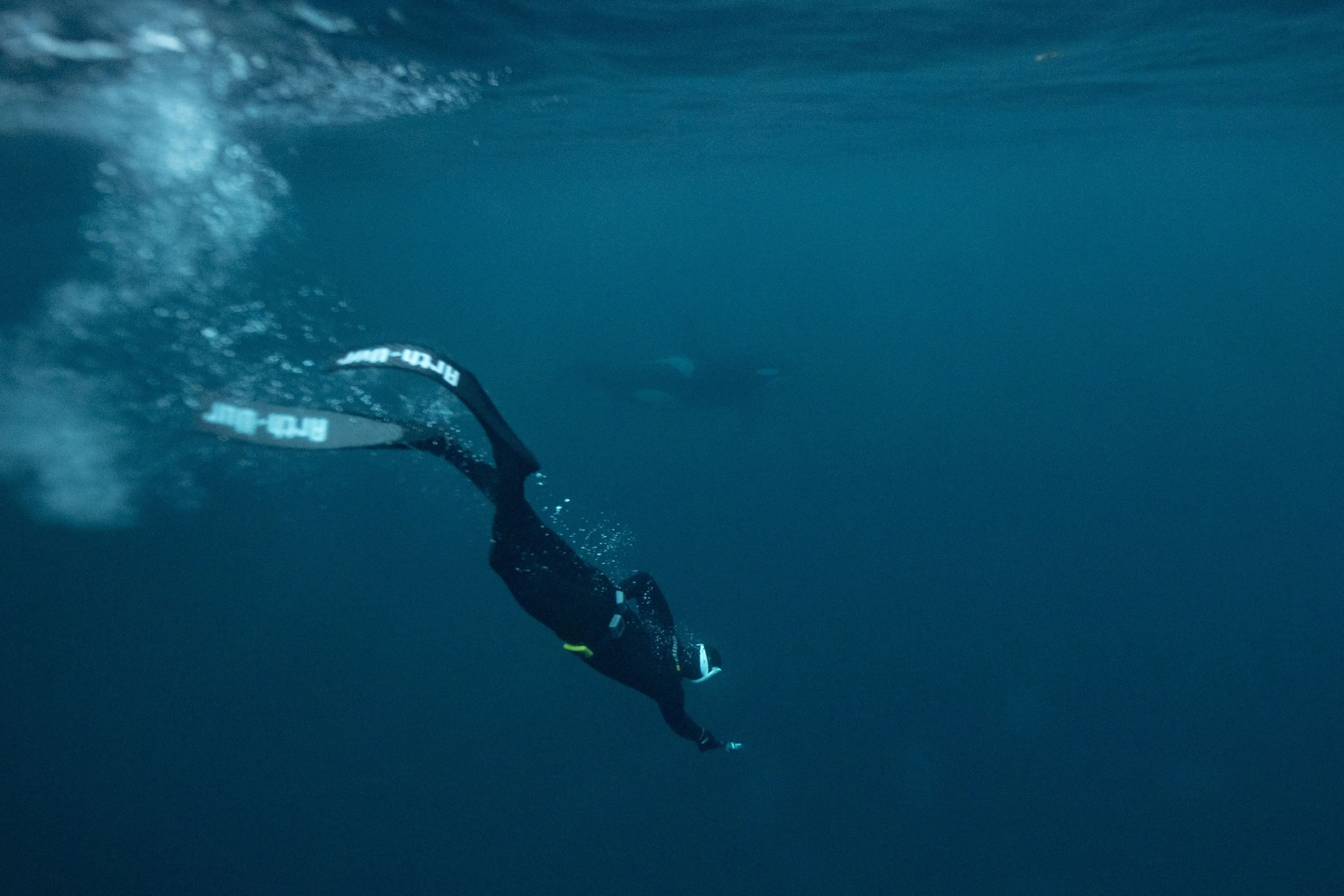It's fair to say that at a high level, some sports take a pretty exacting toll on the human body.
As a caveat, exercise is of course good for you, but we're not talking about the average person going for a jog or playing five-a-side once a fortnight.
Boxers and American Football players can both suffer from brain damage, while weightlifters can experience spinal problems such as disc bulges. However, there is one sport which can have a truly terrifying impact on the human body. We're talking something that can really test the limits of human endurance in multiple ways.
Advert
If you hadn't already guessed, this is freediving.

In freediving, athletes not only strain to hold their breath for as long as possible. There is also another aspect, which is achieving a world record for the depth of the dive.
A video has shown the horrifying effect that the crushing pressure of water can have on a body of air, like what we might have in our lungs.
Animals that have evolved to dive to such depths are specially adapted to deal with the pressure. For example, the deepest diving mammal, Cuvier's Beaked Whale, actually has a collapsible ribcage to deal with the immense pressure and decrease buoyancy.
Needless to say, humans are NOT adapted to survive under such conditions, with many people dying during these freediving attempts.

When you reach certain depths, the amount of air in your body is crushed down by the water pressure. The video above shows how the pressure impacts one litre of air in a container.
Even at a relatively shallow depth of 55 metres, the air is crushed right down to a fraction of how it started, just 154ml - so less than a sixth of its volume at the surface.
This is 55 metres down. The current world record for highly dangerous 'no limits' freediving was set by Herbert Nitsch in 2007, and it is 214 metres. For perspective, photosynthesis becomes largely impossible after around 100m due to not enough sunlight. Yikes!
'No limits' freediving means that you can use as much weight as you want to descend, and a gas-filled balloon to help you ascend back to the surface.
Free-divers don't have to worry as much about 'the bends' like scuba divers, as they can equalise the pressure as they ascend allowing them to resurface more rapidly.
Despite the danger, freediving to depth has a lower fatality rate than other sports.
All the same, I'll be sticking to snorkeling...in the bath.
Topics: News, World News, Sport
